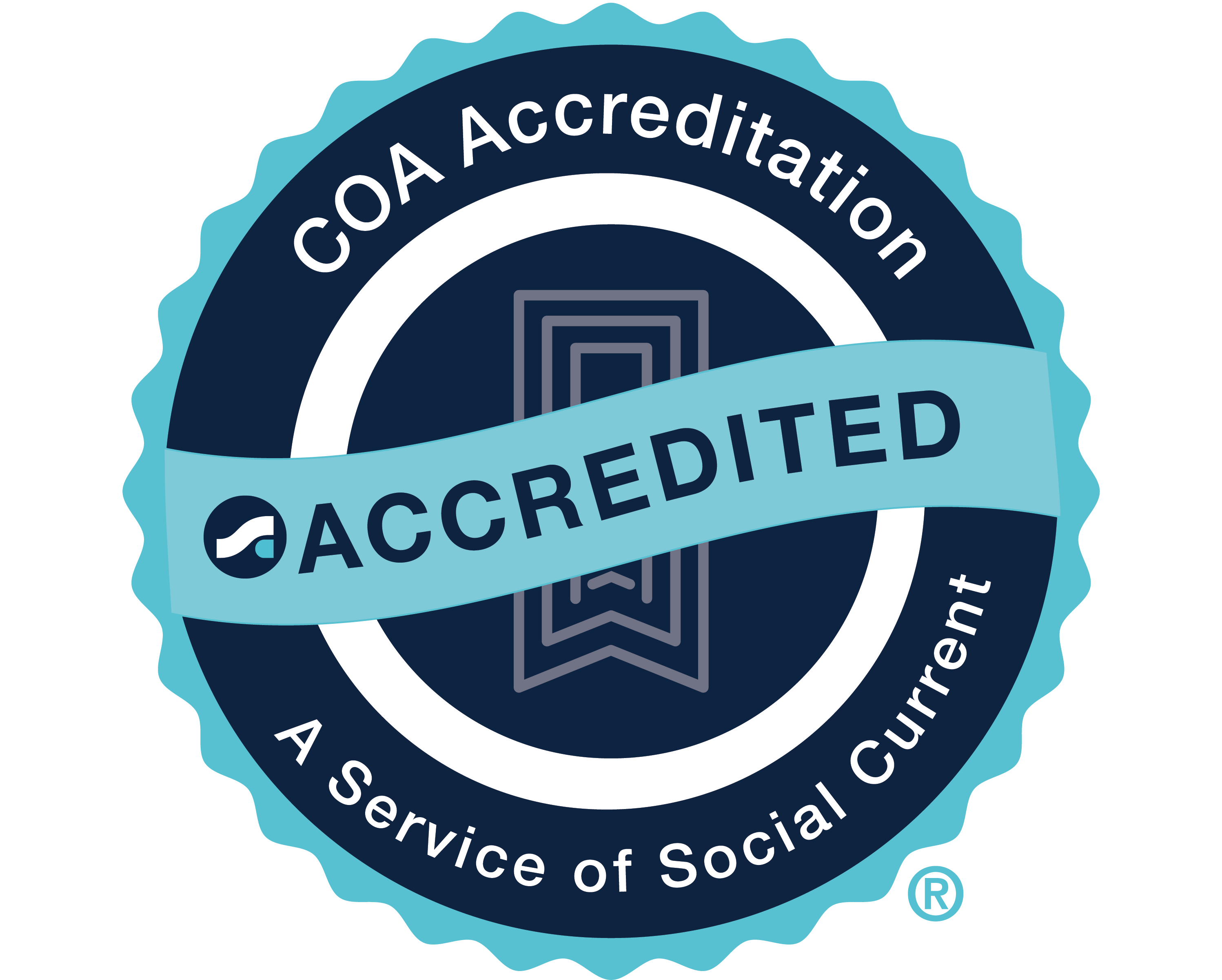Teen Dating Violence Awareness

Each February, Teen Dating Violence Awareness Month occurs to raise awareness for teens experiencing dating violence. Dating should be a time of joy, self-discovery, and building meaningful connections. Today, we'll explore the issue of teen dating violence, its various forms, how you can talk to your teen about dating violence, and the importance of raising awareness to create a safer environment for our youth.
What is Teen Dating Violence?
Teen dating violence refers to a pattern of controlling, abusive, or manipulative behaviors that occur to exert power and control over a partner. It can be presented in various forms, including physical, emotional, and verbal abuse. While we define dating abuse as a pattern, one occurrence of violence towards a partner is still considered abuse.
Common examples of teen dating violence include:
● Checking your text messages, calls, emails, or social media accounts without your permission.
● Putting you down or talking negatively about you frequently, especially in front of friends and peers.
● Isolating you from friends or family (physically, financially, or emotionally).
● Extreme jealousy, insecurity, and possessiveness.
● Telling you who you can and cannot talk to, hang out with, or follow on social media.
● Stalking you or constantly checking your location.
● Explosive outbursts, temper, or mood swings.
● Any form of physical harm, including hitting, slapping, pushing.
● Pressuring you or forcing you to have sex without consent.
Some examples taken from loveisrespect.org.
The Media’s Portrayal of Domestic Violence
Teen dating violence looks different in today’s world than it did for current parents of teens. With nearly every teenager having an online presence, it creates more opportunities for abuse to occur. The pressure to present a perfect, idealized version of relationships on social media may contribute to unhealthy relationship dynamics. On one hand, social media provides the opportunity to connect with friends and peers outside of school. On the other hand, it can contribute to unrealistic expectations and harmful behaviors, like cyberbullying and harassment.
TV shows and movies have the power to shape societal attitudes and perceptions. While some media outlets responsibly depict the dangers of teen dating violence, many others romanticize it. The portrayal of possessive and controlling behaviors as signs of passion can contribute to misconceptions about what constitutes a healthy relationship.
Listen to a brave local teen share her experiences with domestic violence and dating on our podcast, Illuminating Hope, here.
What Can Parents and Adults Do?
Oftentimes, teens feel ashamed or embarrassed to confront the issue of teen dating violence. The best thing parents and adults can offer teens is a safe and open, non judgmental environment. This allows for teens to openly share concerns of their relationship and how domestic violence may be playing a role.
You can talk with your teen about domestic violence by:
● Creating a list of red and green flags in dating.
● Discussing examples of healthy and unhealthy relationships in the media, like TV shows, music videos, and books.
● Talk about safety planning and what to do if an abusive situation arises.
● Help your teen set boundaries as they begin dating.
● Let them know about safe resources, like Hope House’s hotline and loveisrespect.org.
Resources for Parents & Teens
Hope House’s 24-Hour hotline,816-461-HOPE (4673), is available for teens and parents experiencing dating violence. Whether you seek advice on how to handle situations, are looking for more resources concerning red flags, or simply need someone to talk to, our advocates are here to help.
Visit loveisrespect.org or hopehouse.net/get-help/resources for more resources on Teen Dating Violence.
You can make a difference in the lives of teens affected by teen dating violence today by teaching healthy, respectful relationships. Together, we can create a safer and more compassionate environment for our youth to thrive in.
Together we can build a brighter future.
Domestic violence can happen to anyone, no matter their gender, age, race, ethnicity, religion, or sexuality. Hope House advocates for survivors, no matter where they are in their journey. Join us in creating a brighter tomorrow for survivors.










.png)














